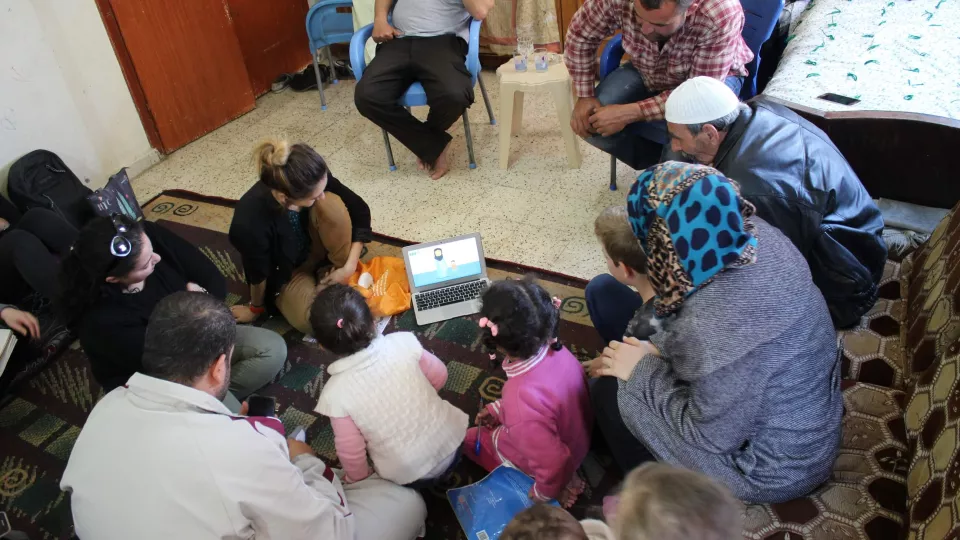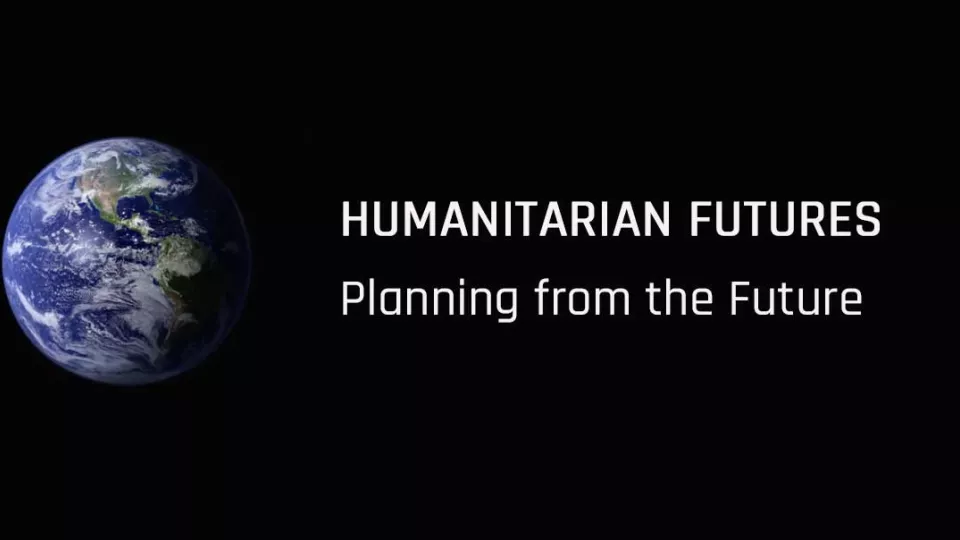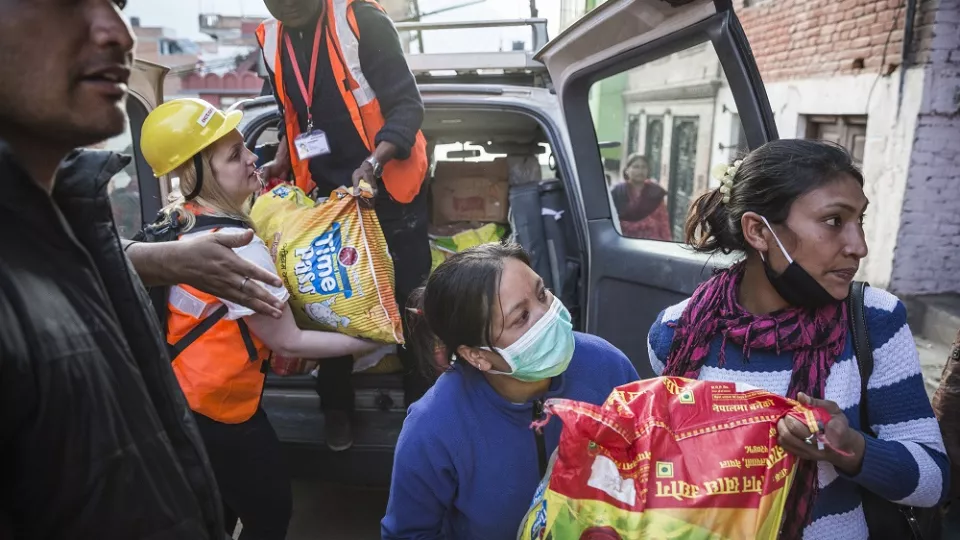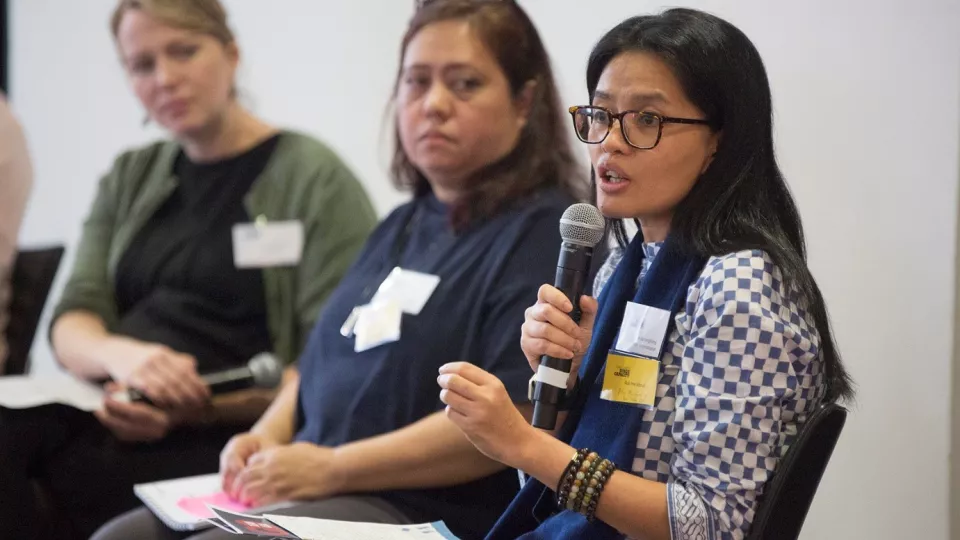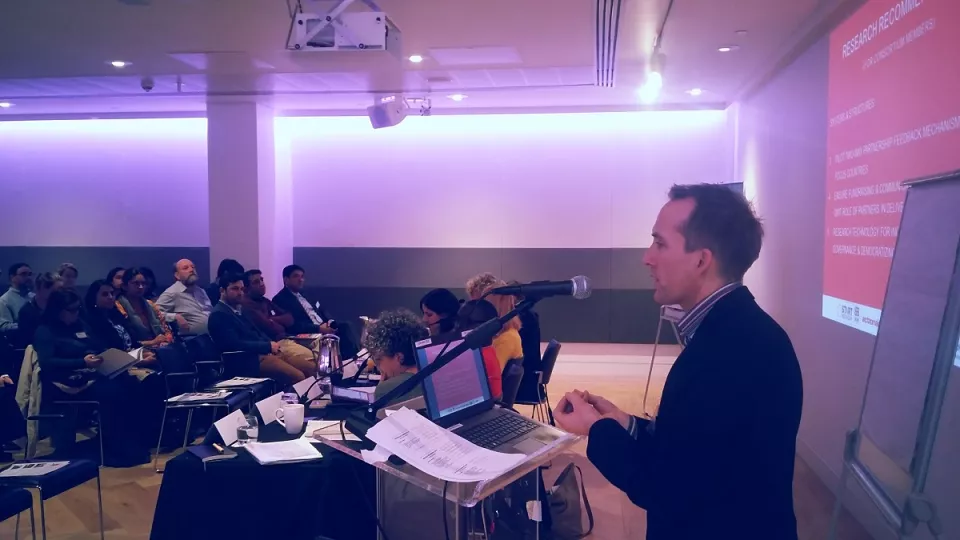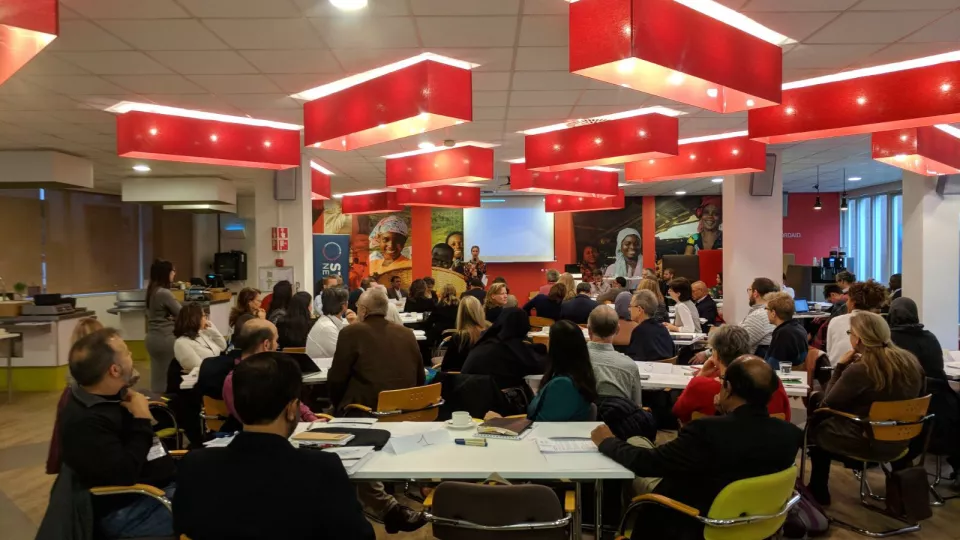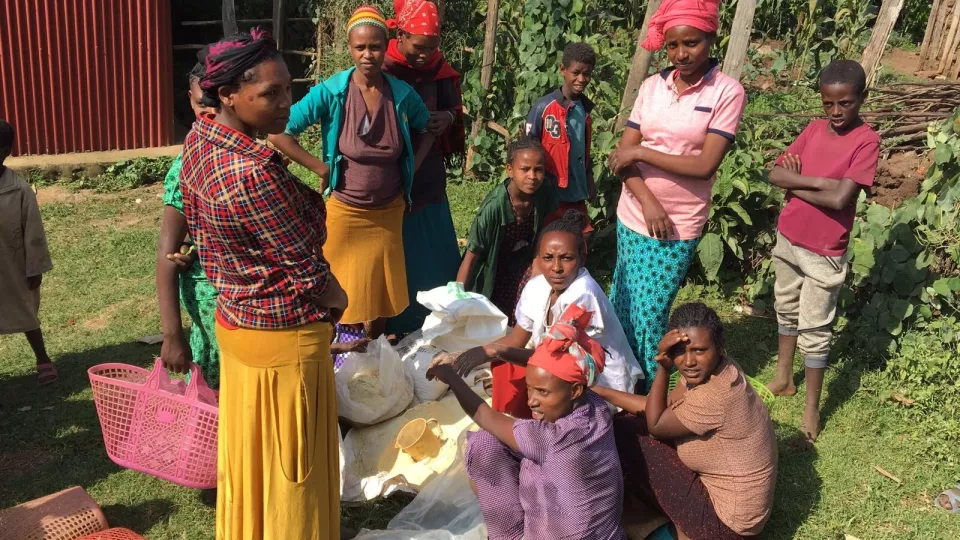The CDAC Networks Hannah Murphy highlights the importance of communicating when trying to spark innovation, especially as each lab is mapping its own journey to achieve this.
News and blogs
Humanitarian Futures has launched its new website, www.humanitarianfutures.org, to help people meet humanitarian capacity challenges of the future.
I am finishing this year with a profound sense of urgency and purpose. Our turbulent world, with escalating dimensions and dynamics of humanitarian crises, needs more and better capability to manage and respond to crisis risks.
Haben Habteslasie is the Advocacy and Communications Advisor for the Disasters and Emergencies Preparedness Programme. Part 1, "Building the roadmap to 2030" and part 2, "Shifting the power to local and national NGO's" from the series - Reflections…
Haben Habteslasie is the Advocacy and Communications Advisor for the Disasters & Emergencies Preparedness Programme The typical and historic scenario when disaster strikes is that big international aid agencies travel hundreds of miles to help…
Atif Sohail has more than 9 years of experience in programme management and monitoring and evaluation in emergencies (in Pakistan). Previously he was working with Muslim Aid Pakistan and is now working with Christian Aid to manage their response in…
The Start Network has launched a new video outlining a new way to think about localisation, the video aims to show a practical structure that could improve the position of local organisations within international aid.
Start Network’s David Jones discusses the fundamental needs for localisation within the sector.
Kat Reichel reflects on the lessons and insights that came out of the Start Network's Assembly meeting in November, which brought together our members and colleagues to endorse the network's strategic direction.
The Start Network’s Disaster and Emergencies Preparedness Programme (DEPP) recently organised a week of discussion, bringing together local organisation, INGOs, UN agencies, academia, the private sector and other actors. This was with the aim of…
We are looking to recruit a team of consultants to conduct the final evaluation of the Shifting the Power project. This evaluation is to fulfil the project’s accountability to its primary stakeholders – the local partner organisations – and to its…
Over the past year, the drought emergency has shown how climate change and natural hazards are increasing humanitarian needs in Ethiopia. As communities cope with shocks in agricultural and livestock production and access to food, national…

